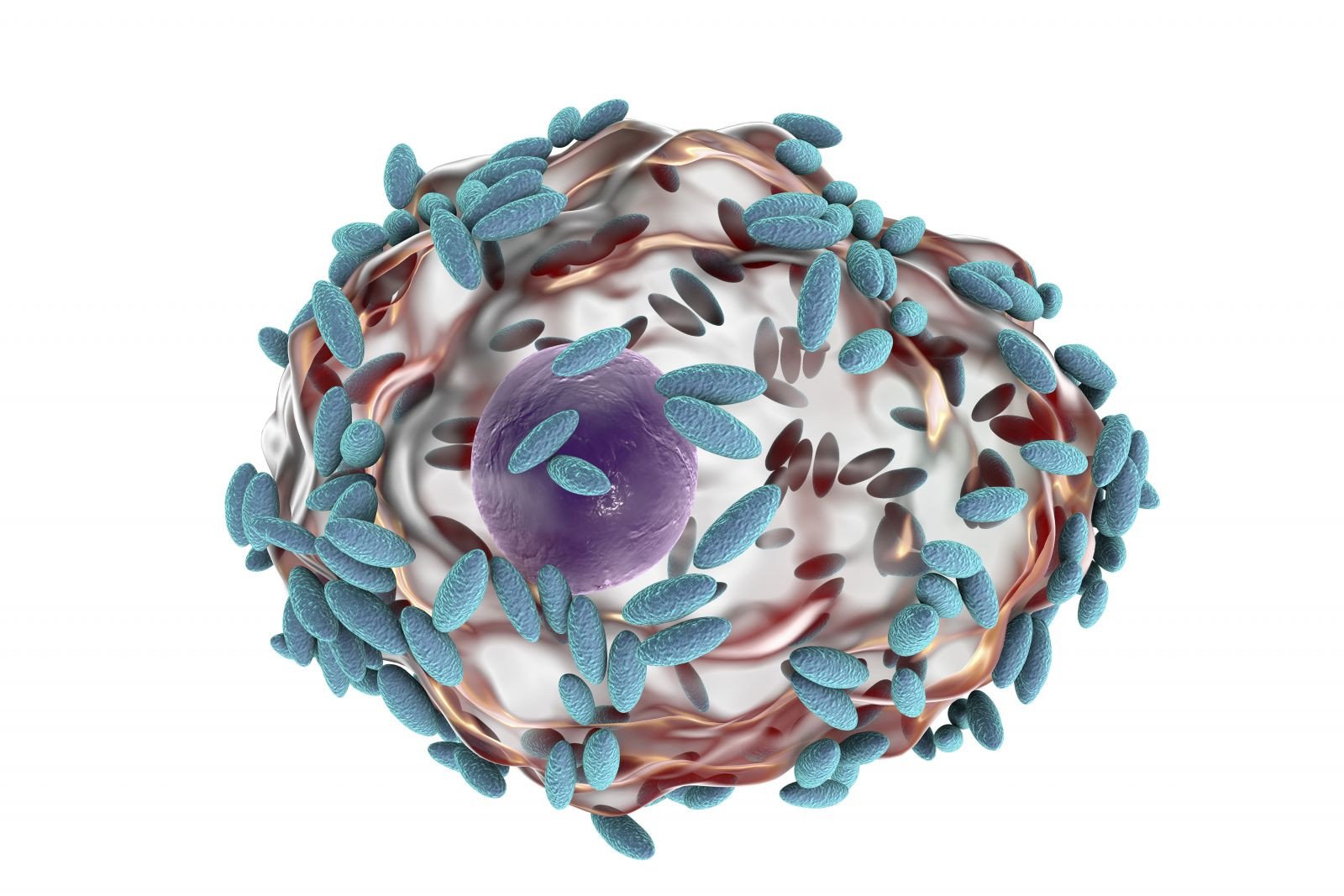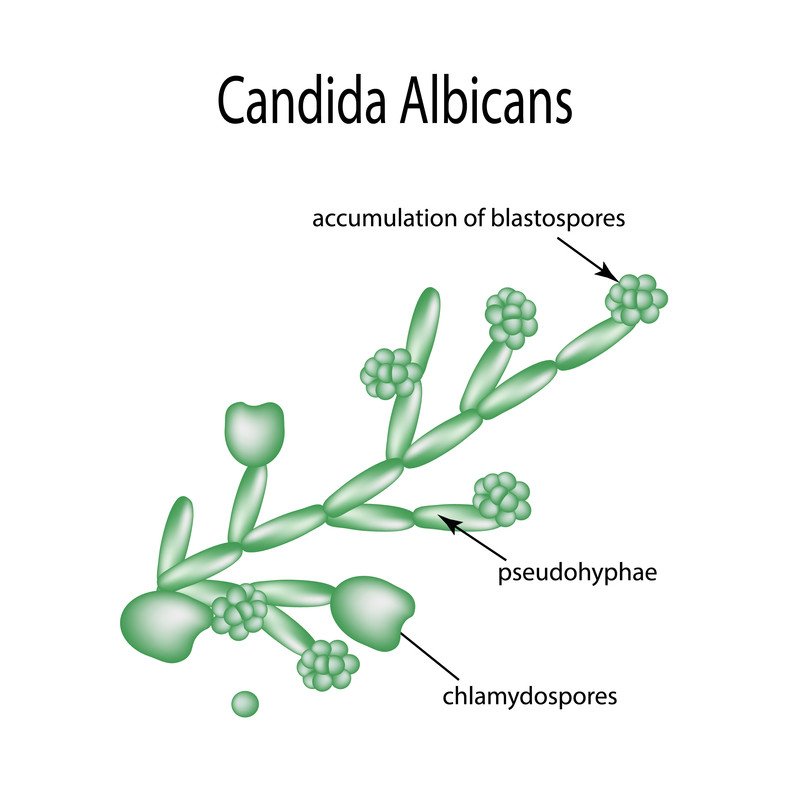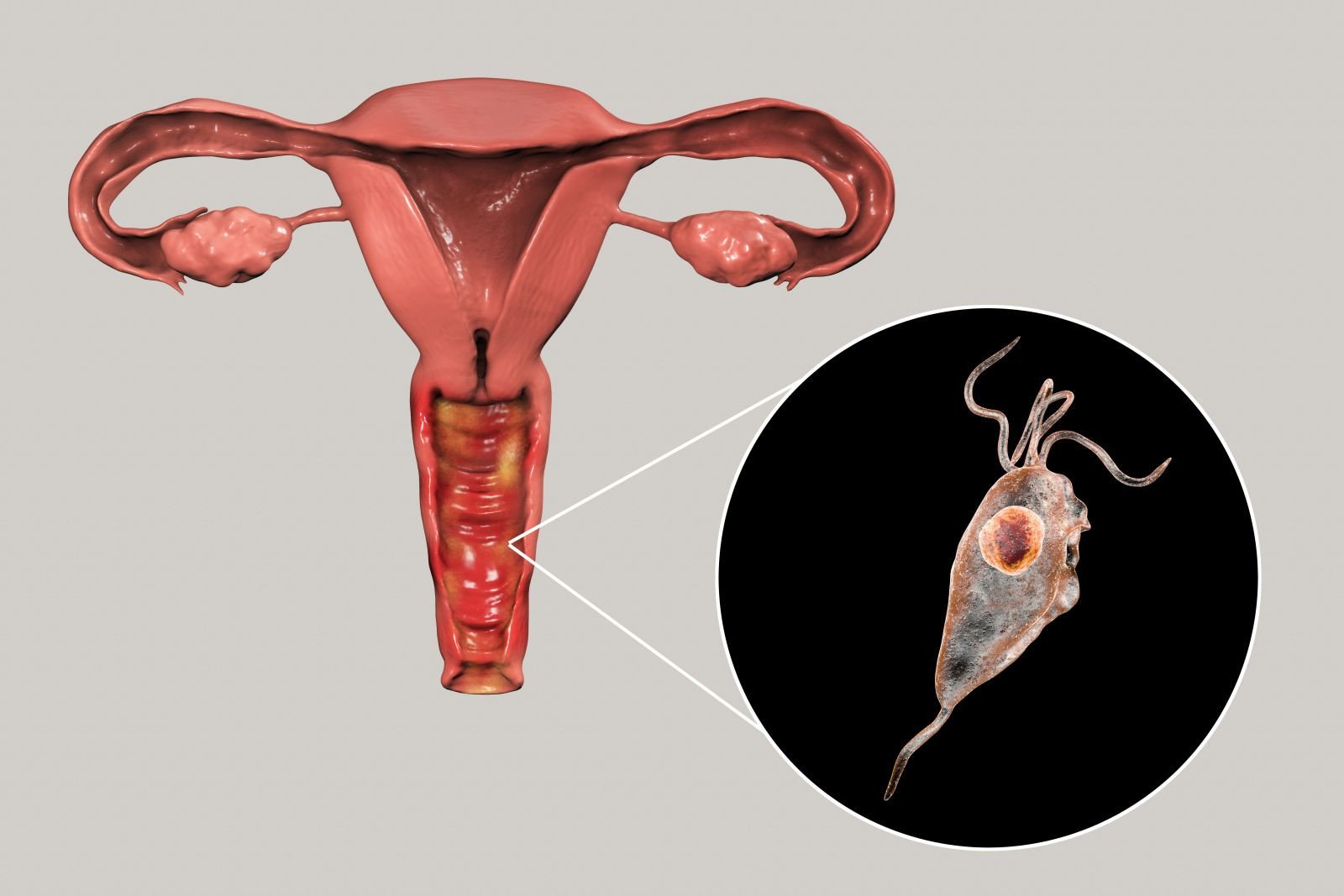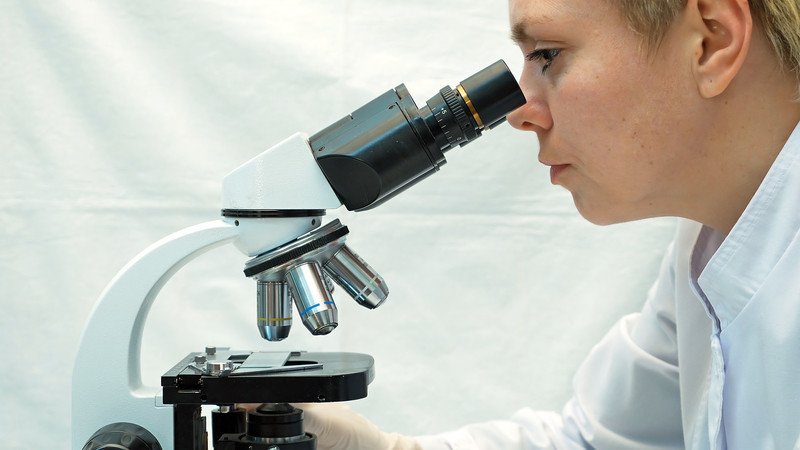Vaginitis
Medically reviewed by Drugs.com. Last updated on Oct 19, 2023.
What is Vaginitis?

Vaginitis is inflammation of the vagina. In premenopausal women, infection is the most common cause. After menopause, a low level of estrogen often leads to vaginal atrophy (atrophic vaginitis). Vaginitis also can be the result of an allergic reaction to an irritating chemical, such as a spermicide, douche or bath soap.
Almost all infectious vaginitis is caused by one of three infections
- Bacterial vaginosis is a change in the type of bacteria that normally live in the vagina, and it is the most common cause of an abnormal vaginal discharge or an unpleasant vaginal odor. In bacterial vaginosis, normal Lactobacillus bacteria are replaced by other bacteria, including Prevotella, Mobiluncus, G. vaginalis, and Mycoplasma hominis. The exact reason for this change is unknown. In pregnant women, bacterial vaginosis can increase the risk of premature delivery.

- Candida vaginal infections, also called vaginal yeast infections, typically are caused by the Candida albicans fungus. During a lifetime, 75% of all women are likely to have at least 1 Candida vaginal infection, and up to 45% have 2 or more. Women tend to be more susceptible to vaginal yeast infections if their bodies are under stress from poor diet, lack of sleep or illness, or if they are pregnant, taking antibiotics or birth control pills or douching too often. Women with diabetes are more likely to have recurrent yeast infections.

- Trichomonas vaginitis, also called trichomoniasis, is a sexually transmitted disease (STD) caused by a microscopic one-celled organism called Trichomonas vaginalis. Trichomonas causes inflammation of the vagina, cervix and urethra in women. In pregnant women, Trichomonas infections also can increase the risk of premature rupture of the membranes and preterm delivery.
|
|
Symptoms
Bacterial vaginosis — Bacterial vaginosis causes an abnormal grayish-white vaginal discharge with a foul-smelling vaginal odor.
Candida vaginitis — Candida vaginitis can cause the following symptoms:
- vaginal itch or soreness
- a thick, cheese-like vaginal discharge
- burning discomfort around the vaginal opening, especially if urine touches the area
- pain or discomfort during sexual intercourse.
Trichomonas — In women, Trichomonas organisms can live in the vagina for many years without causing any symptoms. If symptoms occur, they can include:
- a yellow-green, foul-smelling vaginal discharge
- vaginal pain or itching
- irritation and inflammation around the vaginal opening
- discomfort in the lower abdomen
- vaginal pain during sexual intercourse
- burning discomfort during urination.
Symptoms can be worse during a menstrual period.
Diagnosis
Once you describe your symptoms, your doctor will perform a gynecological examination and check your external genitals, vagina and cervix for inflammation and abnormal discharge.
Your doctor will suspect bacterial vaginosis if there is a grayish-white discharge coating the walls of your vagina. There may be a fishy odor to this vaginal discharge. Your doctor may measure the acidity of the discharge with a pH test strip. Usually vaginal fluid has a pH of less than 4.6. Bacterial vaginosis often causes a higher pH. Your doctor may take a sample of this fluid to be examined under the microscope.
|
|
Your doctor will suspect Candida vaginitis if your vagina is inflamed and you have a white discharge in your vagina and around the vaginal opening. Your doctor may take a sample of the vaginal discharge to be examined in a laboratory under a microscope.
Your doctor can confirm that you have Trichomonas vaginitis by examining your vaginal discharge under a microscope. Because people with Trichomonas infections are more likely to get other sexually transmitted infections, your doctor also may test you for gonorrhea, chlamydia, syphilis and HIV.
Expected duration
Proper treatment cures up to 90% of vaginal infections within two weeks or less (often within a few days), depending on the type of vaginitis. Untreated vaginal infections can last for years, with or without symptoms.
Prevention
Because Trichomonas vaginitis is a STD that can be transmitted during sexual activity, you can help to prevent infection by:
- not having sex
- having sex with only one uninfected partner
- consistently using male latex condoms during sexual intercourse, with or without a spermicide.
To help prevent vaginitis, you can:
- Keep the area around your genitals clean and dry.
- Avoid irritating soaps and bath additives, vaginal sprays and douches.
- Change tampons and sanitary napkins frequently.
- Wear loose cotton underwear that doesn't trap moisture. Avoid nylon underwear.
- After swimming, change quickly into your dry clothing instead of sitting in your wet bathing suit for long periods.
Treatment
In women who are not pregnant, bacterial vaginosis can be treated with the antibiotic metronidazole in either an oral (Flagyl) or gel (Metro-Gel) form. Clindamycin (Cleocin) is also effective. Because of concerns about the possible effects of these medications on the developing fetus, the medication treatment may be different for pregnant women. Routine treatment of sex partners is not recommended because it does not seem to affect either the outcome of treatment or the chance of getting infected again.
Candida vaginitis can be treated with antifungal medications that are administered directly into the vagina as tablets, creams, ointments or suppositories. These medications include butoconazole (Femstat), clotrimazole (several brand names), miconazole (Monistat and others), nystatin (several brand names), tioconazole (Gynecare) and terconazole (Terazol). A single dose of oral fluconazole (Diflucan Oral) also may be used. Treatment of sex partners usually is not recommended.
Trichomonas vaginal infections are treated with metronidazole, which is given orally. To prevent reinfection, all sex partners of an infected person also must be treated for Trichomonas. Metronidazole should not be used by pregnant women during the first trimester.
In people who drink alcohol, metronidazole can trigger cramps, nausea, vomiting, headaches and flushing. To prevent these problems, do not drink alcohol while taking metronidazole and for at least two days after the pills are finished.
When to call a professional
Call your doctor whenever you have vaginal discomfort or an abnormal vaginal discharge, especially if you are pregnant.
Prognosis
Medications cure up to 90% of vaginal infections. If you do not improve with the first treatment, your doctor usually can cure your infection with a longer course of medication, or a different medication. Trichomonas vaginitis that persists despite treatment usually occurs when a woman's sex partner has not been treated. Without treatment, the partner will continue to transmit Trichomonas.
Additional info
Centers for Disease Control and Prevention (CDC)
https://www.cdc.gov/
Further information
Always consult your healthcare provider to ensure the information displayed on this page applies to your personal circumstances.


